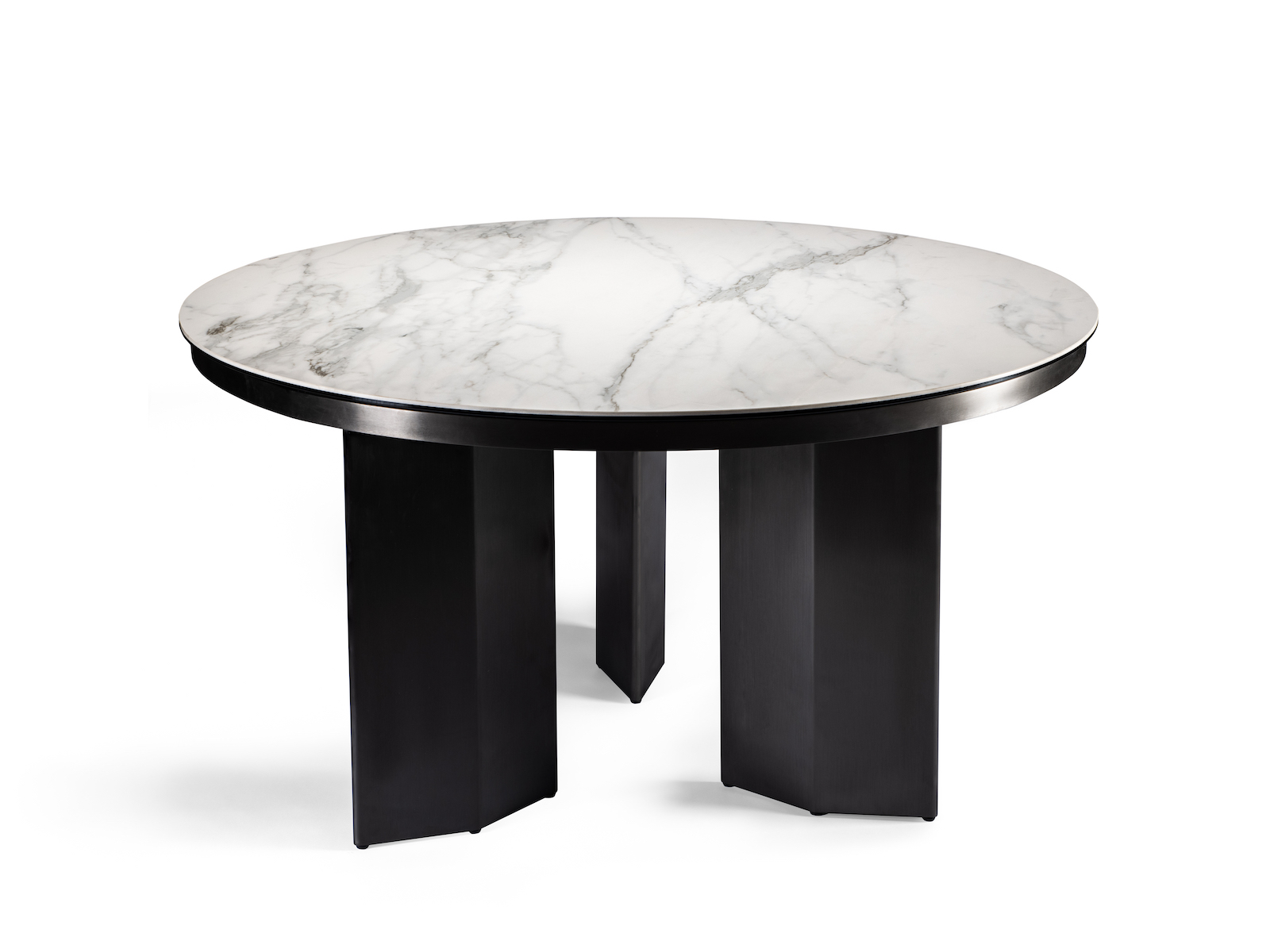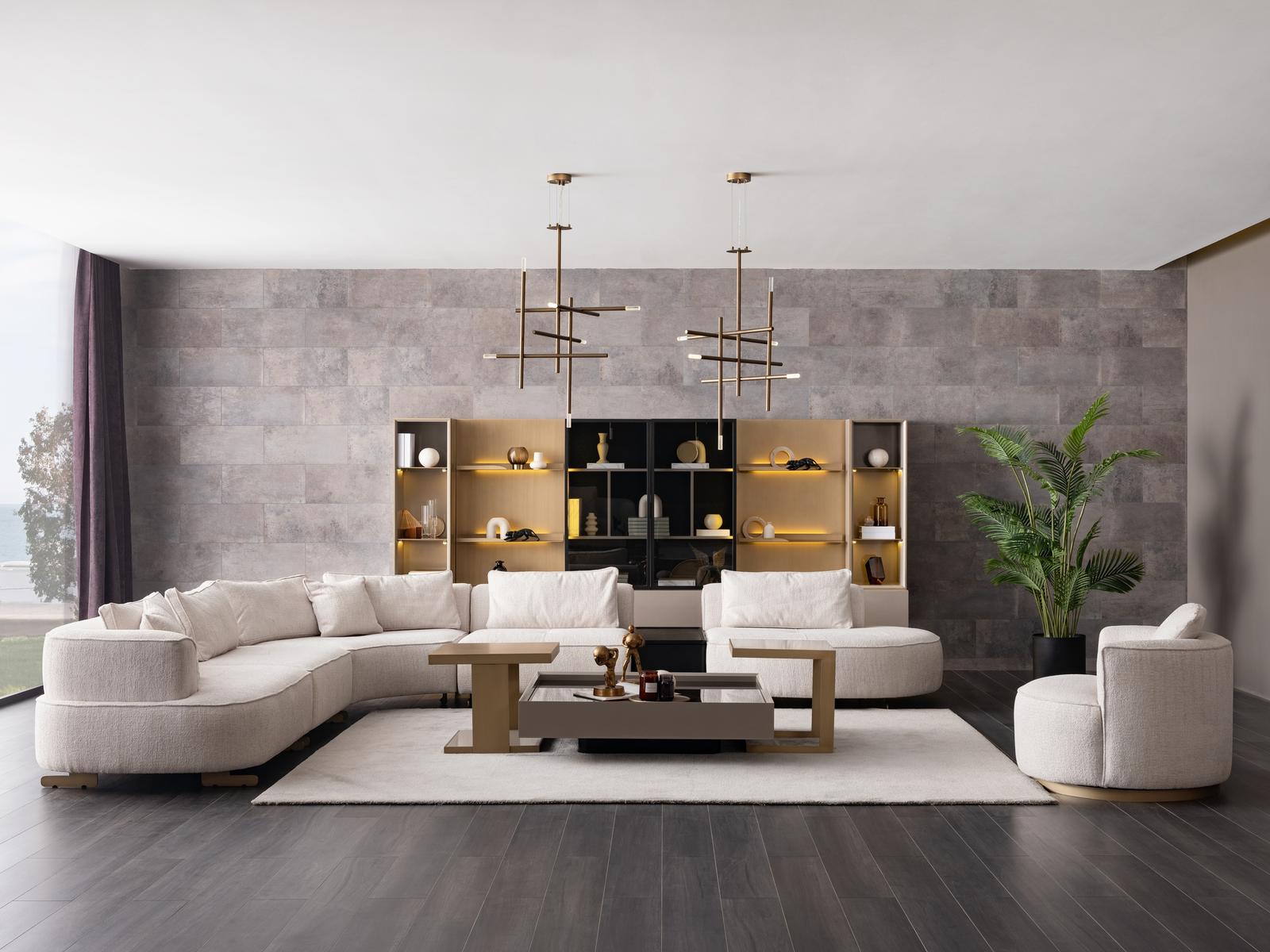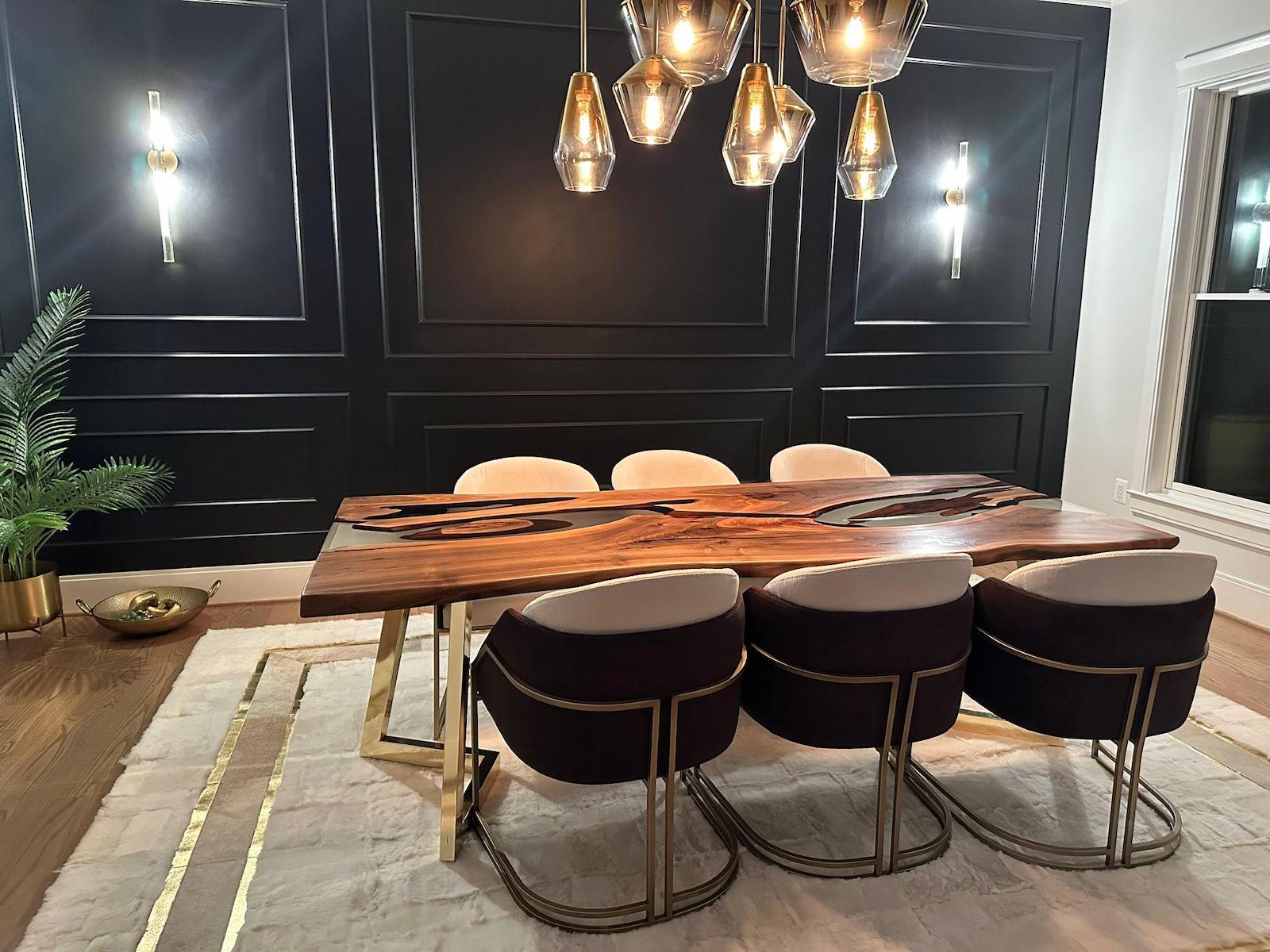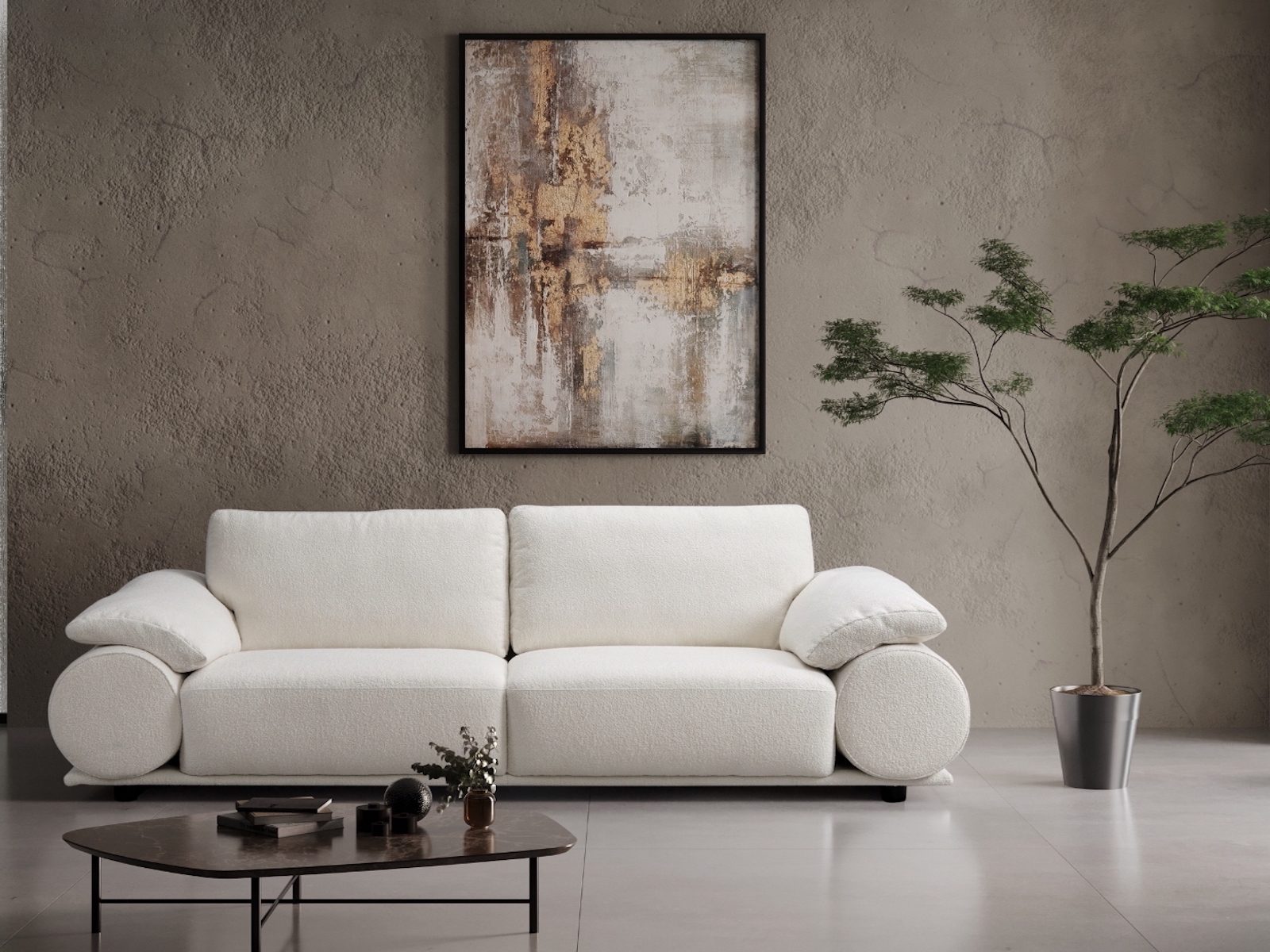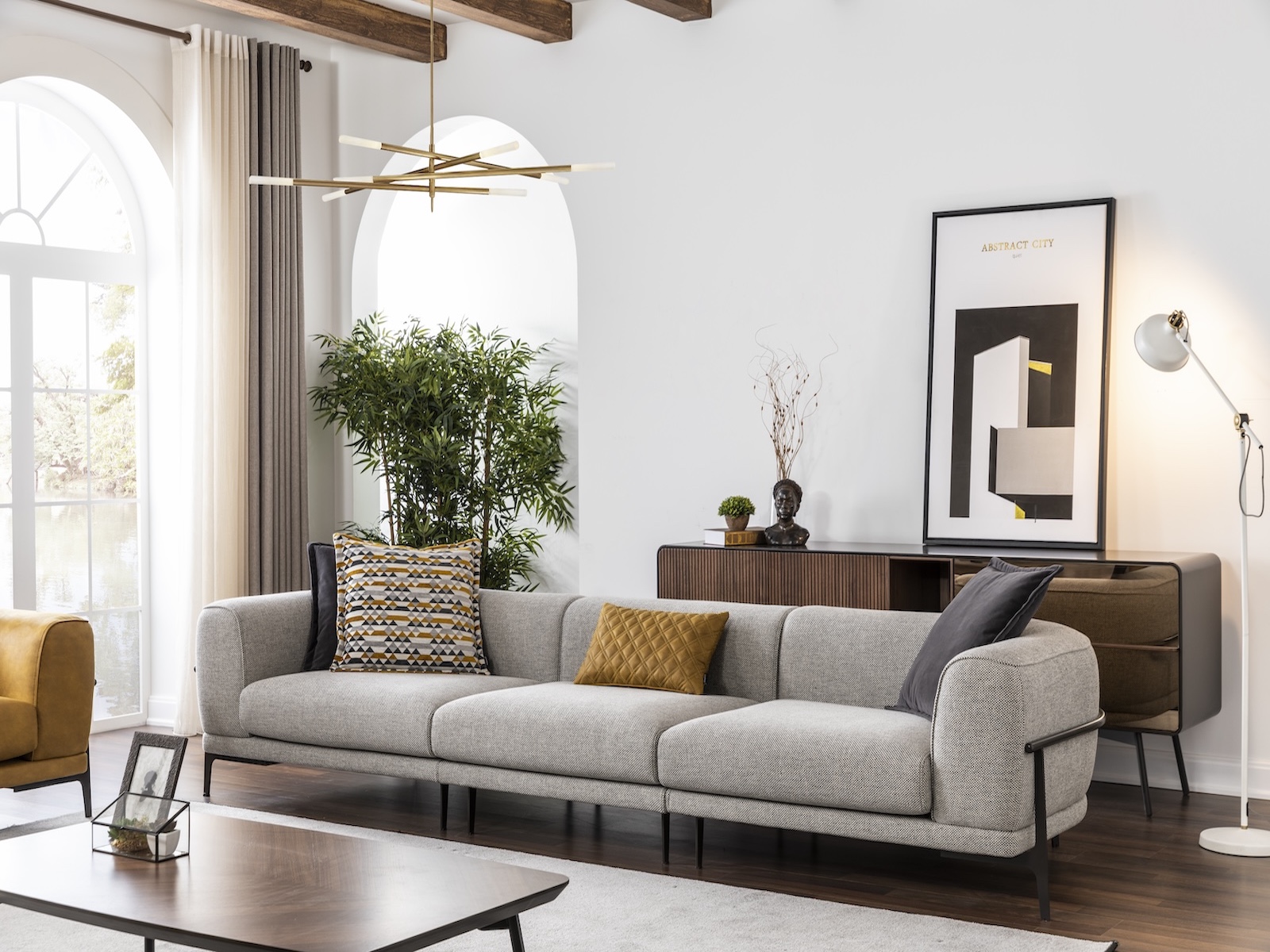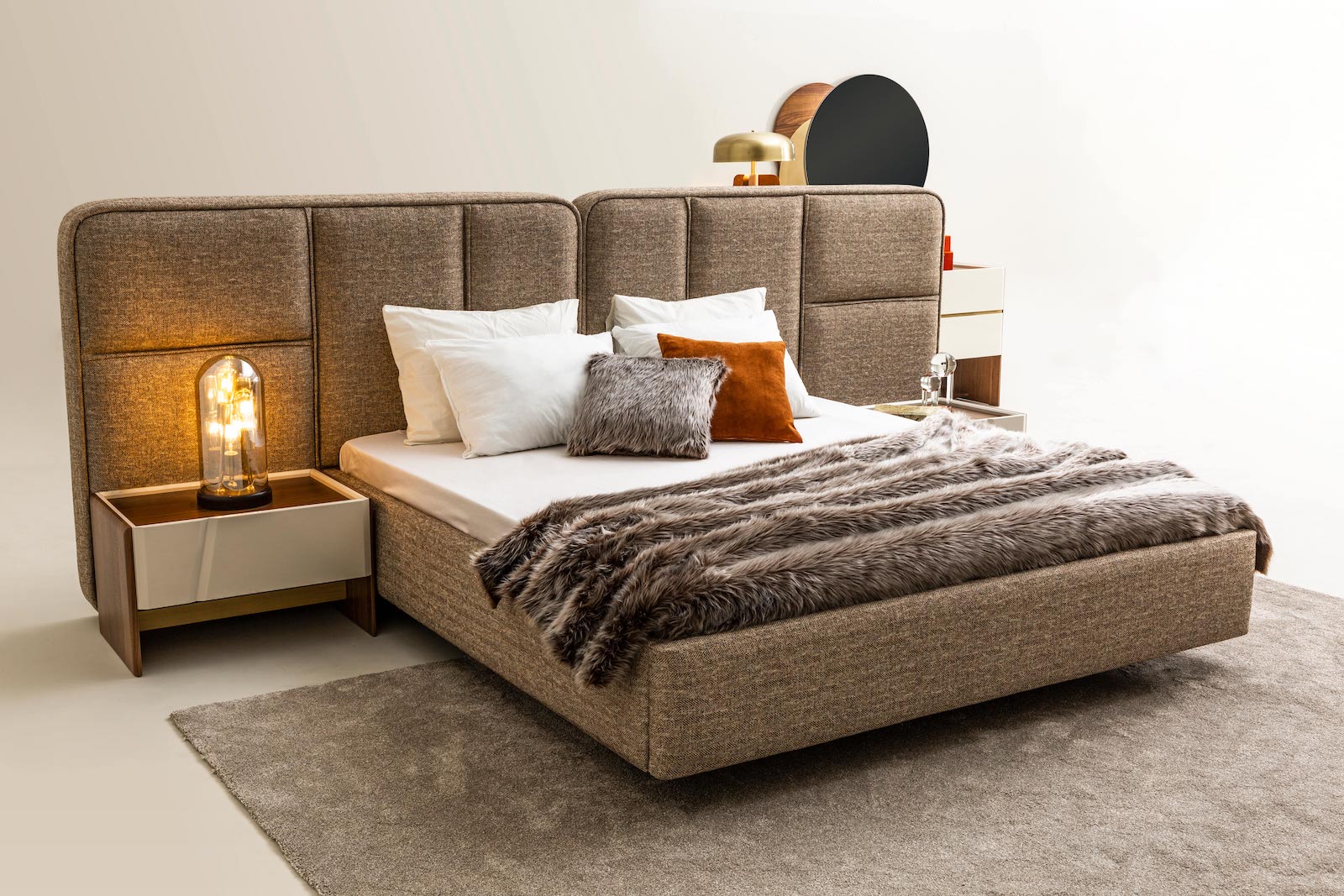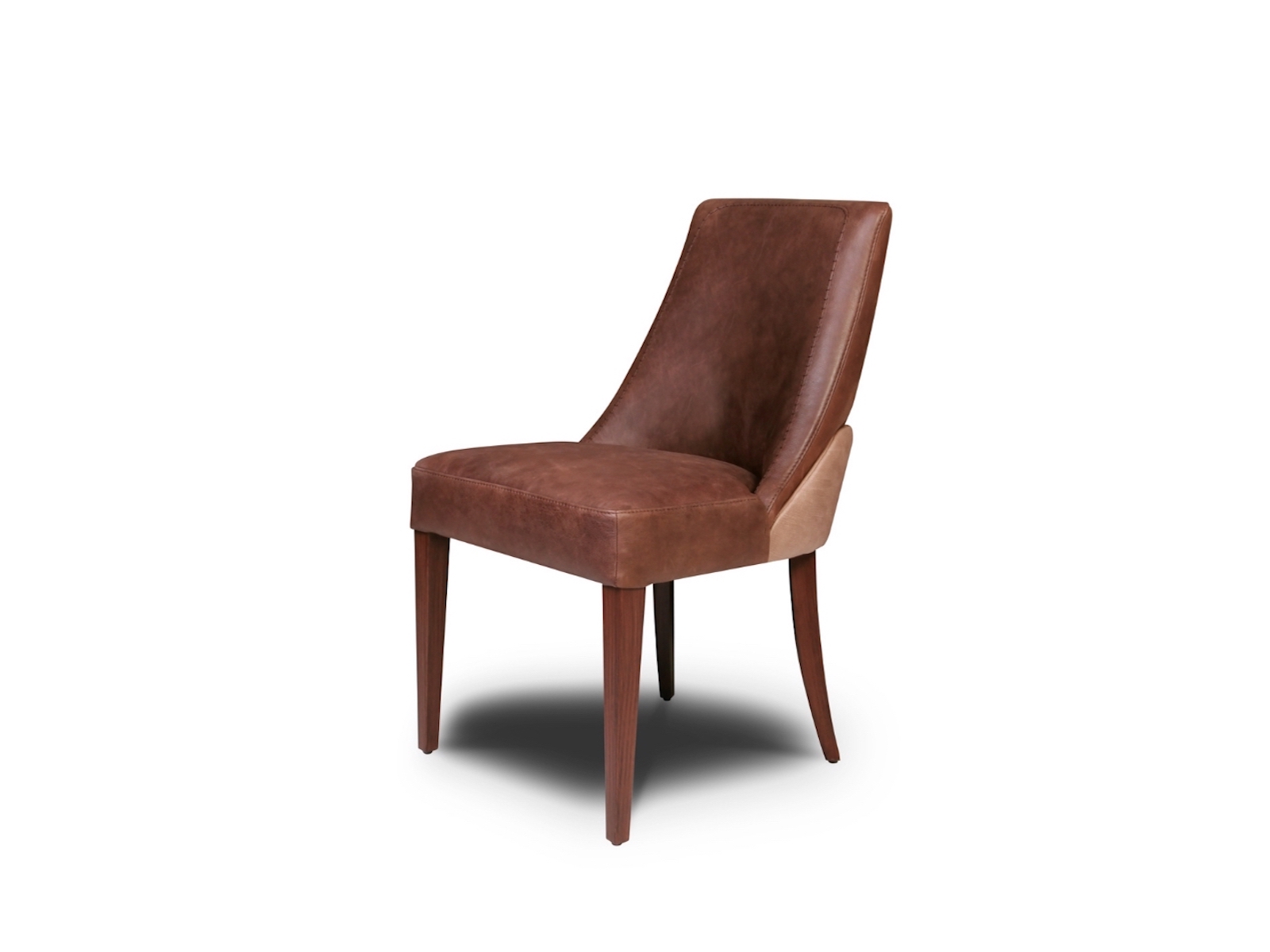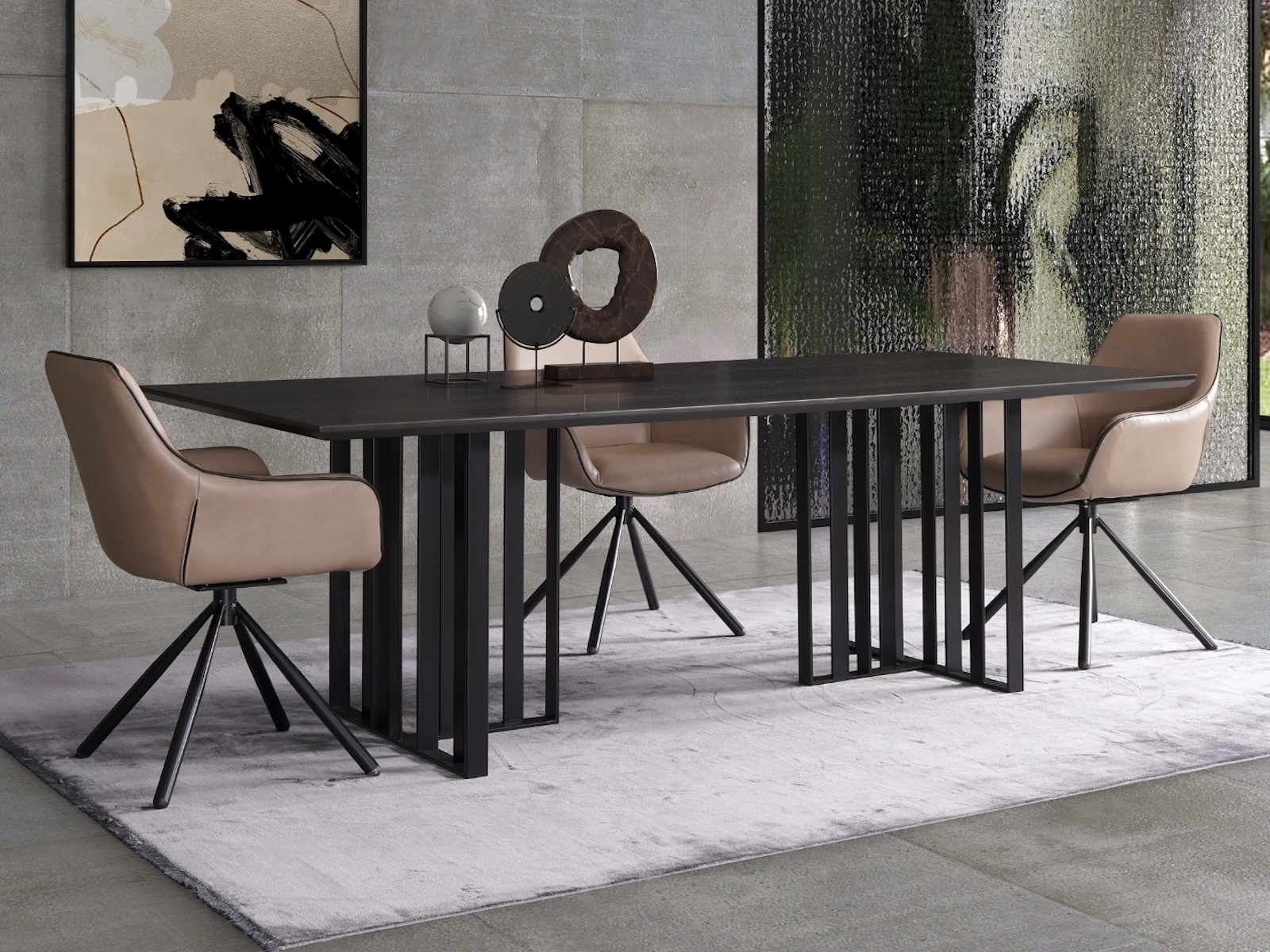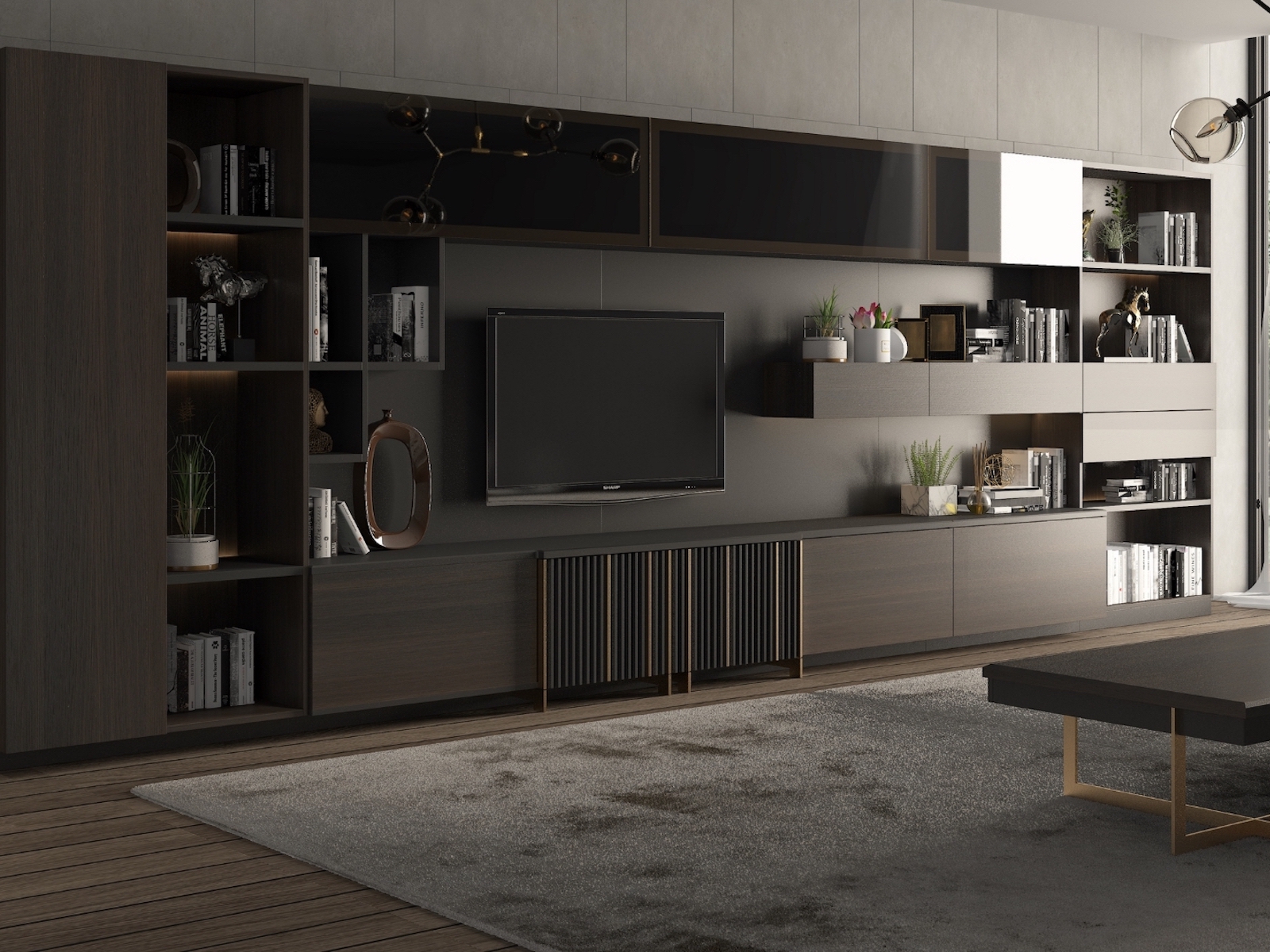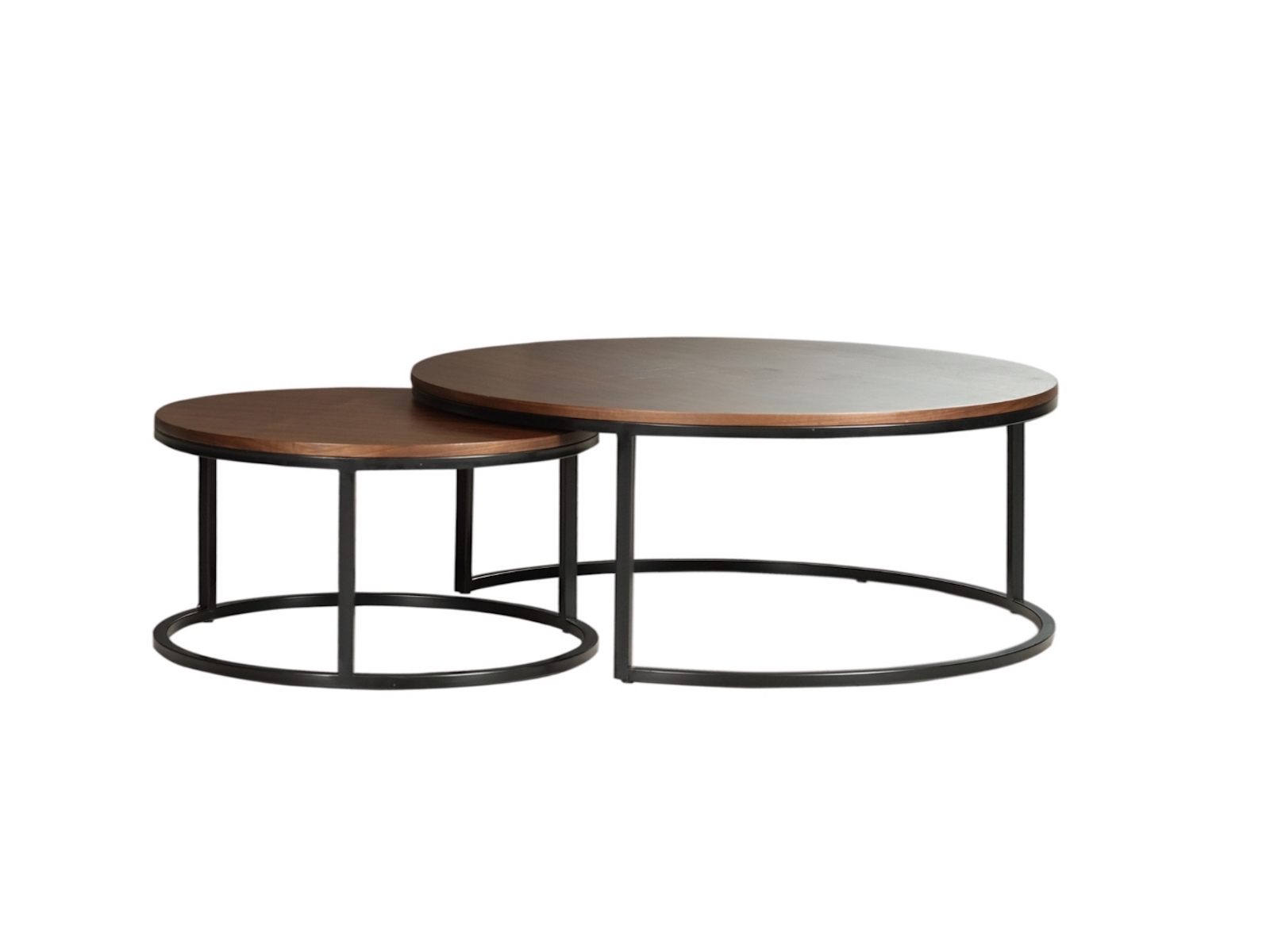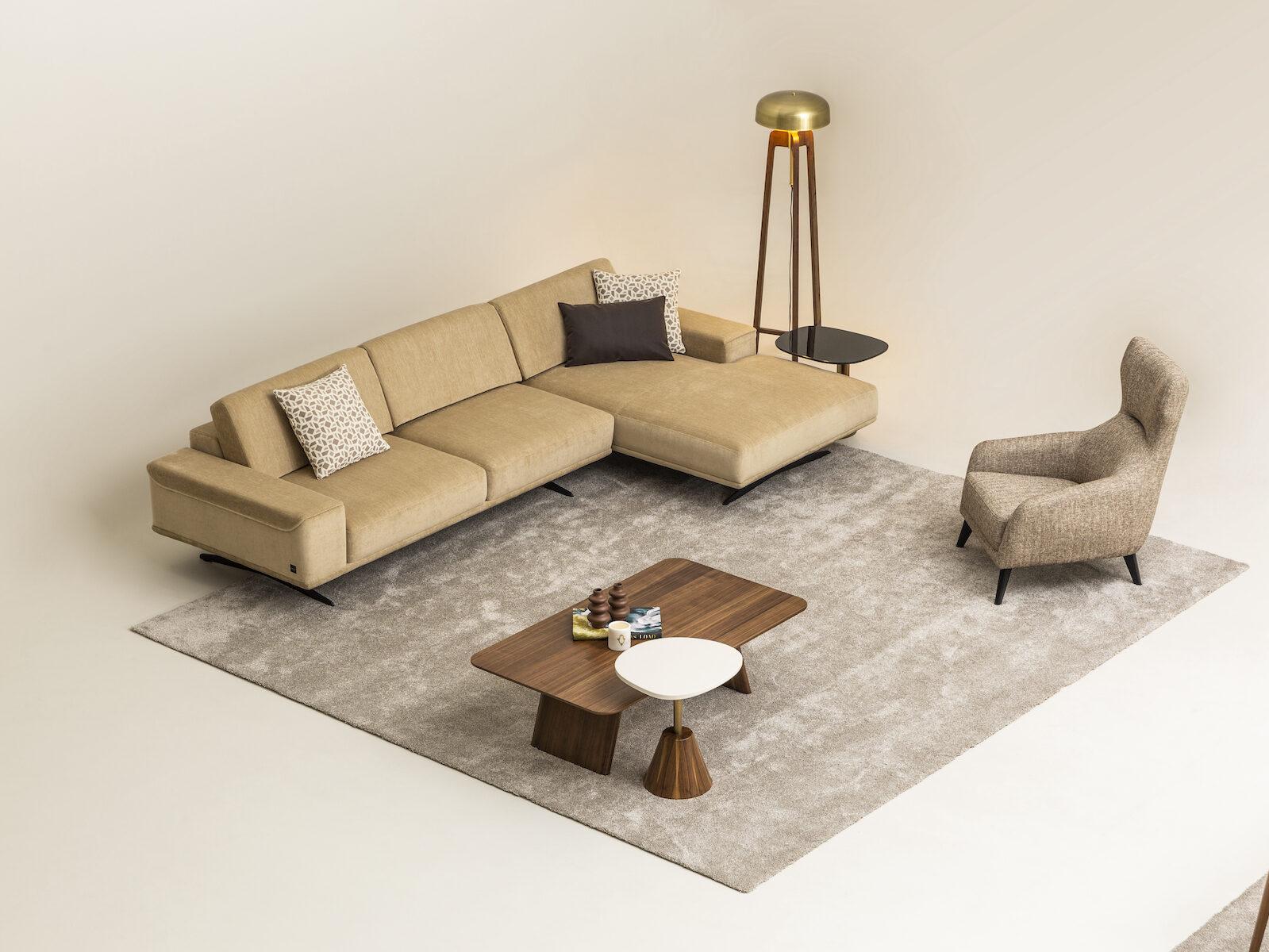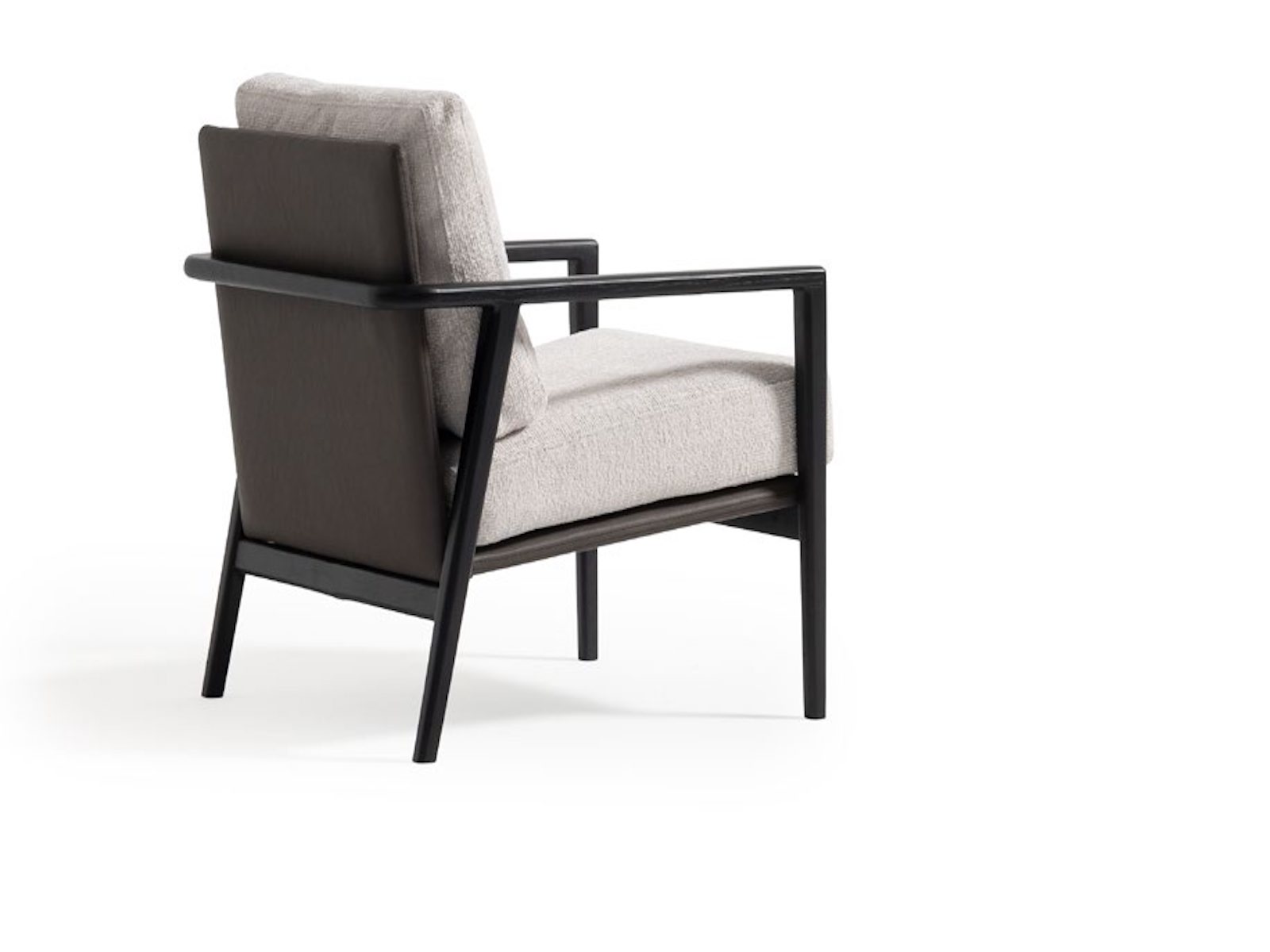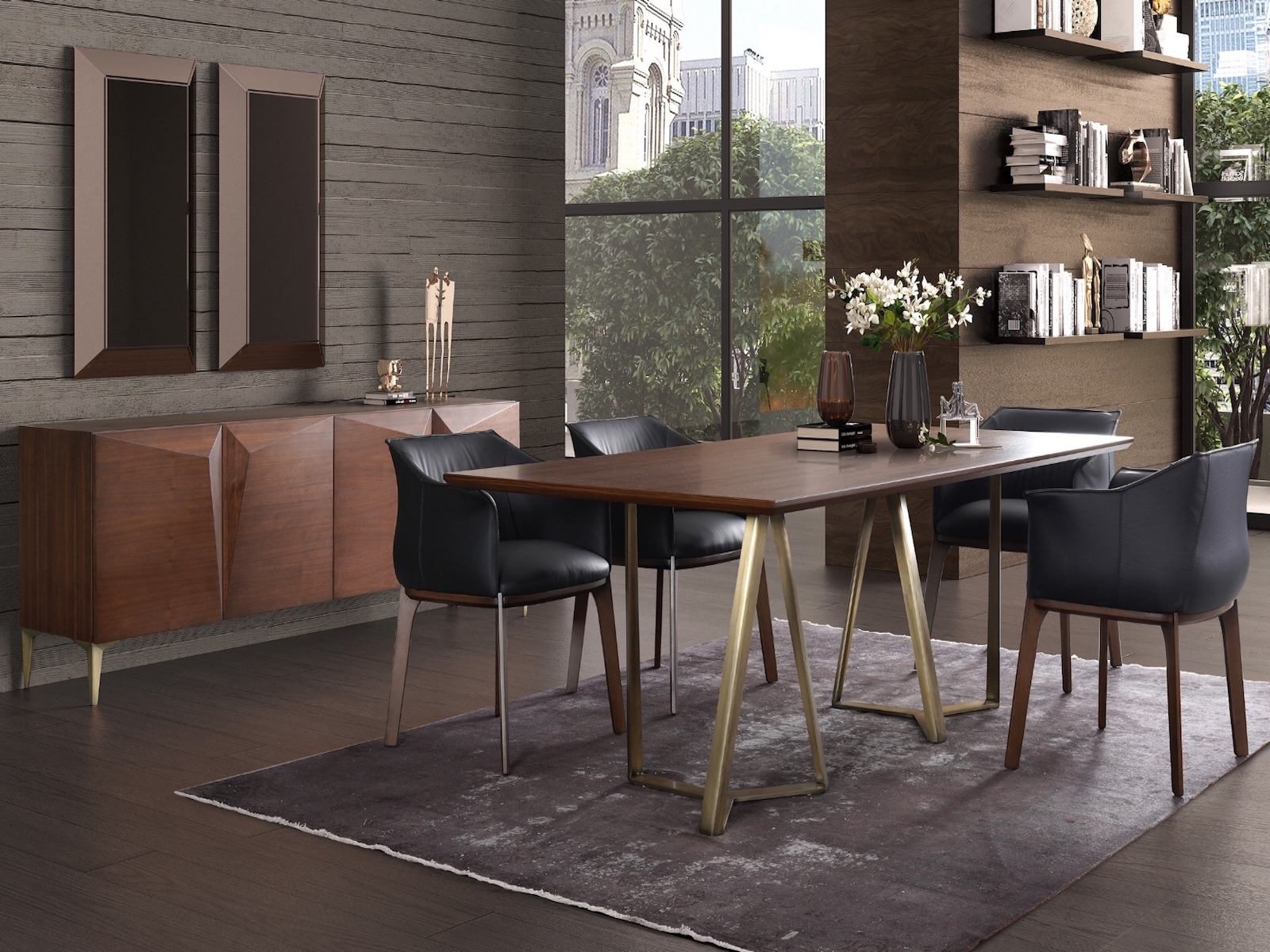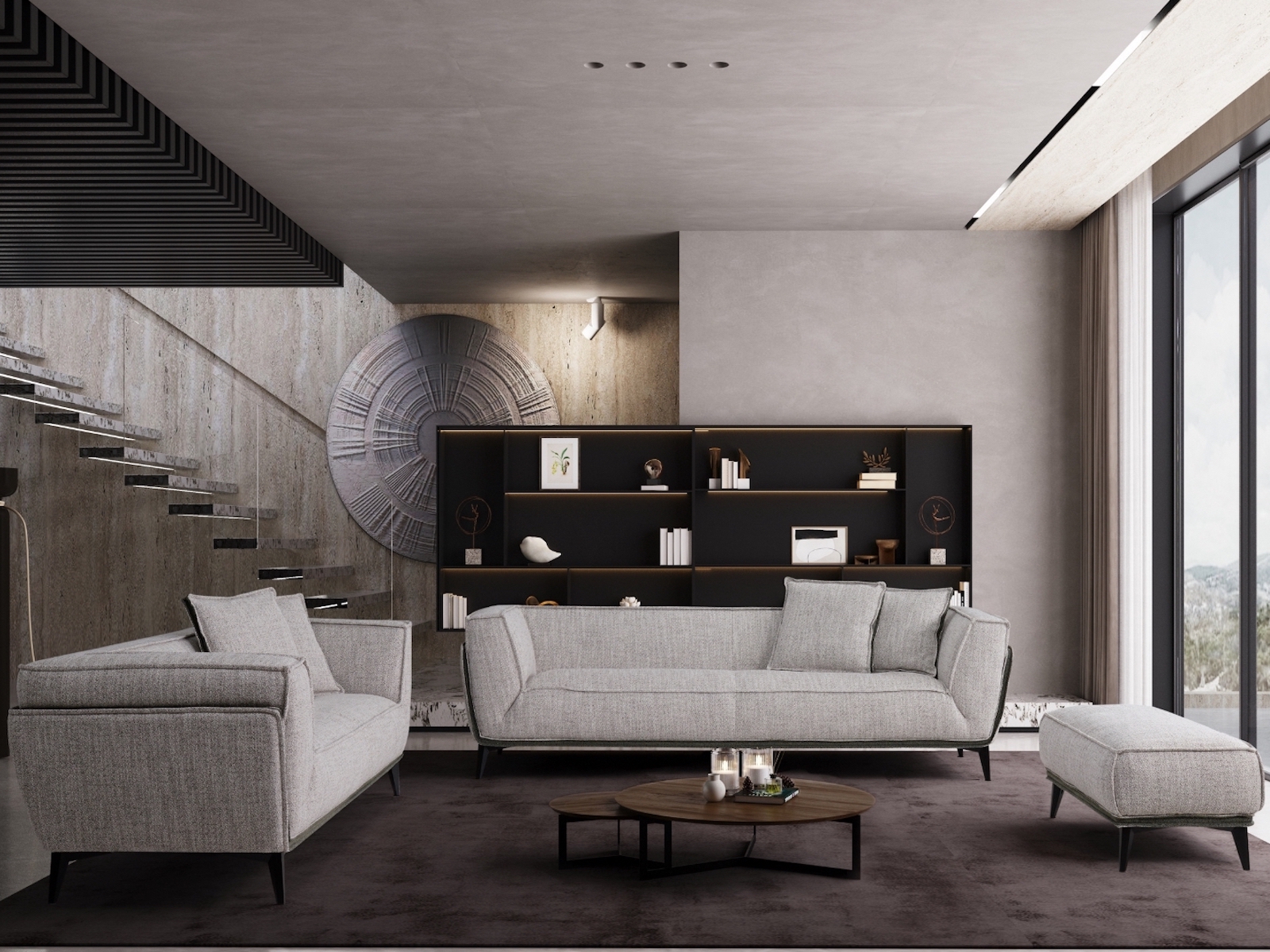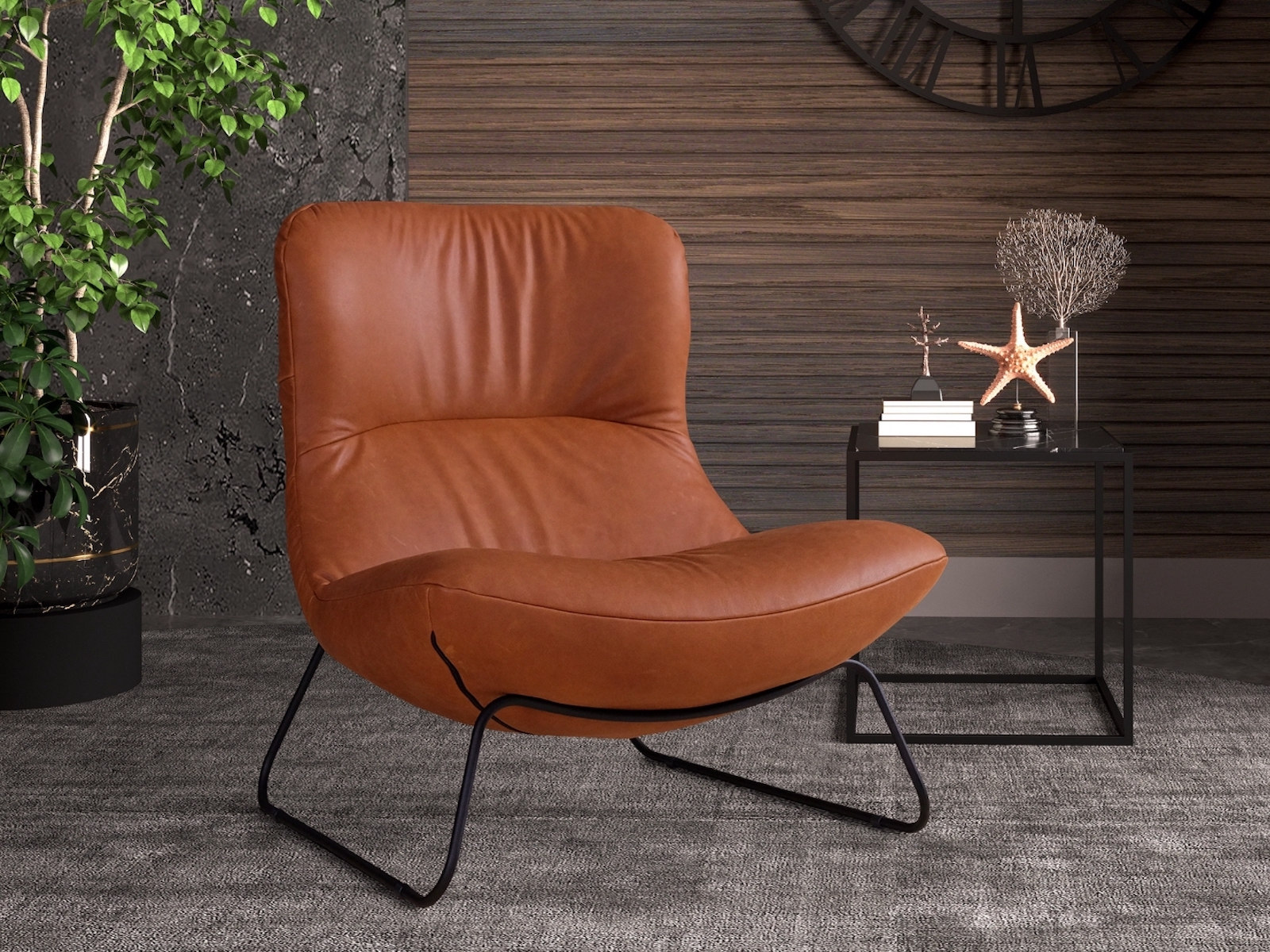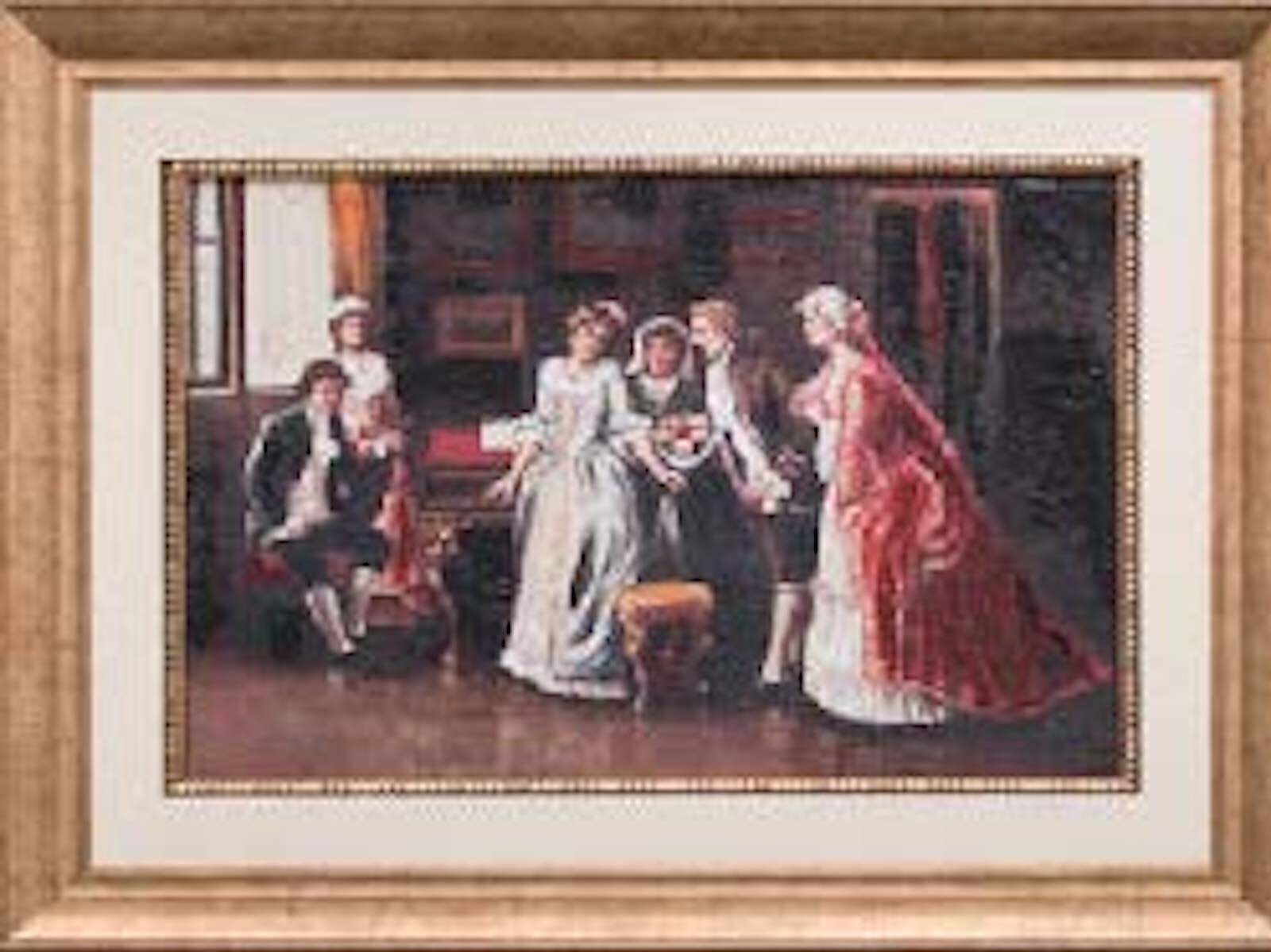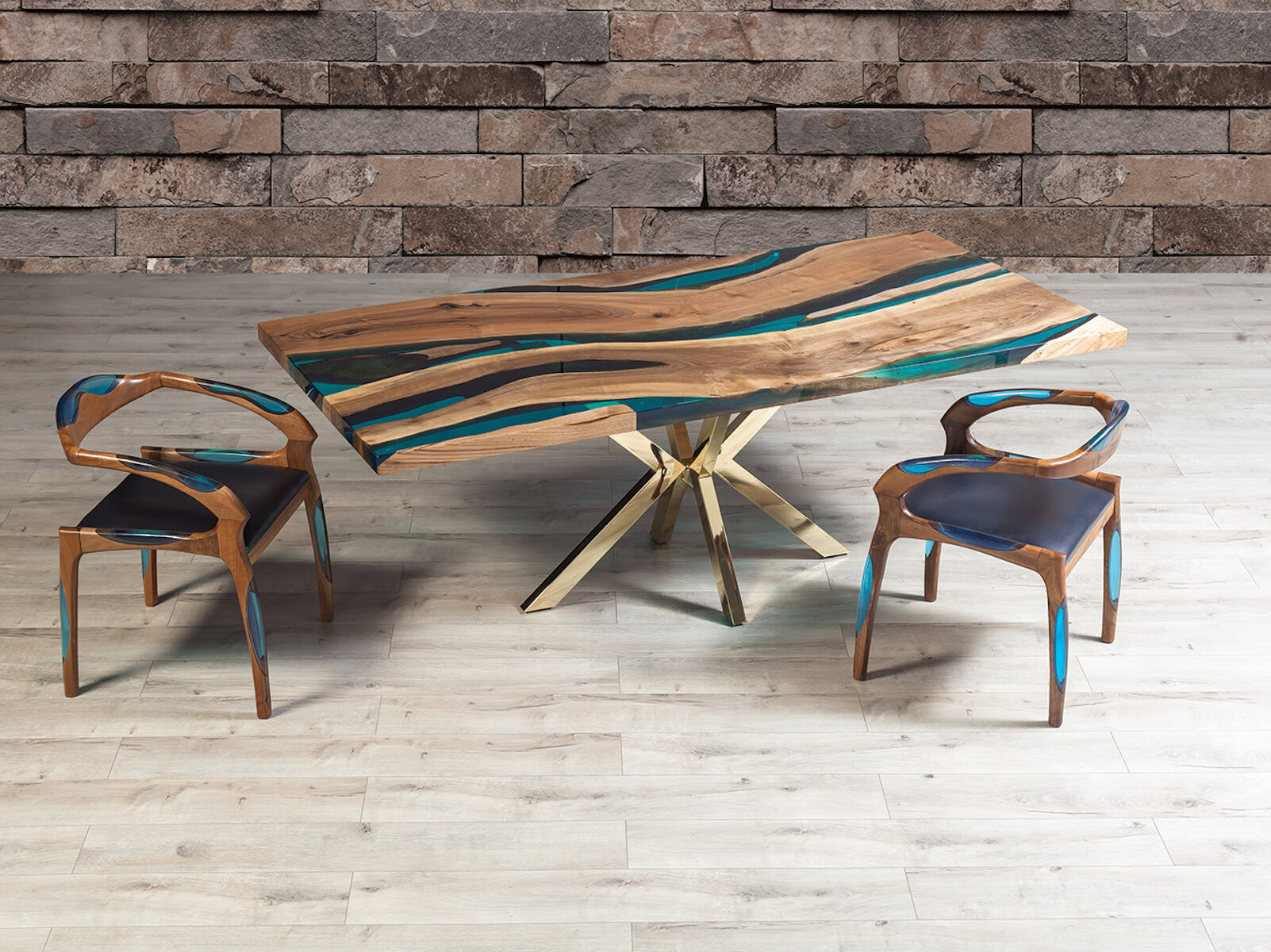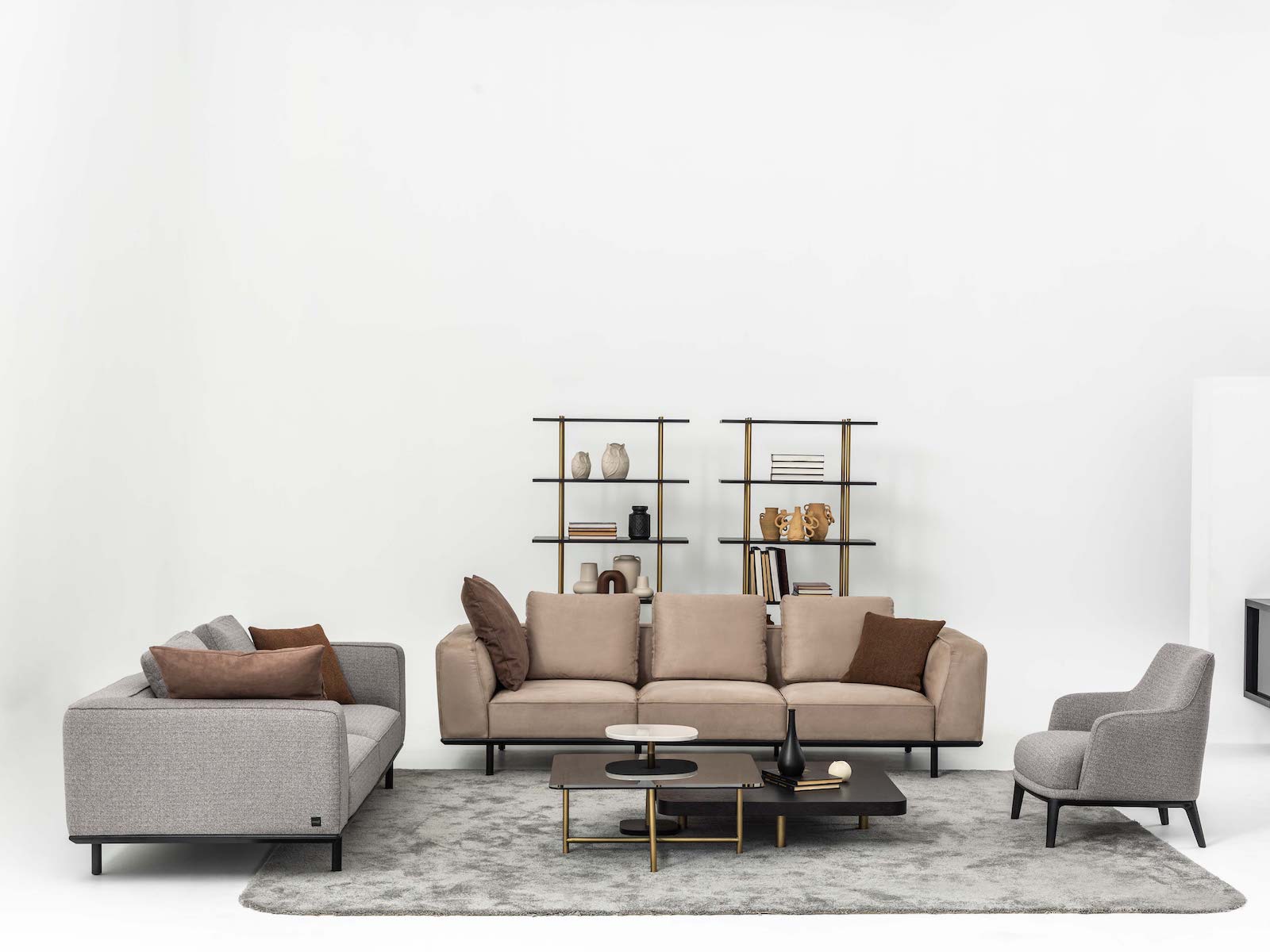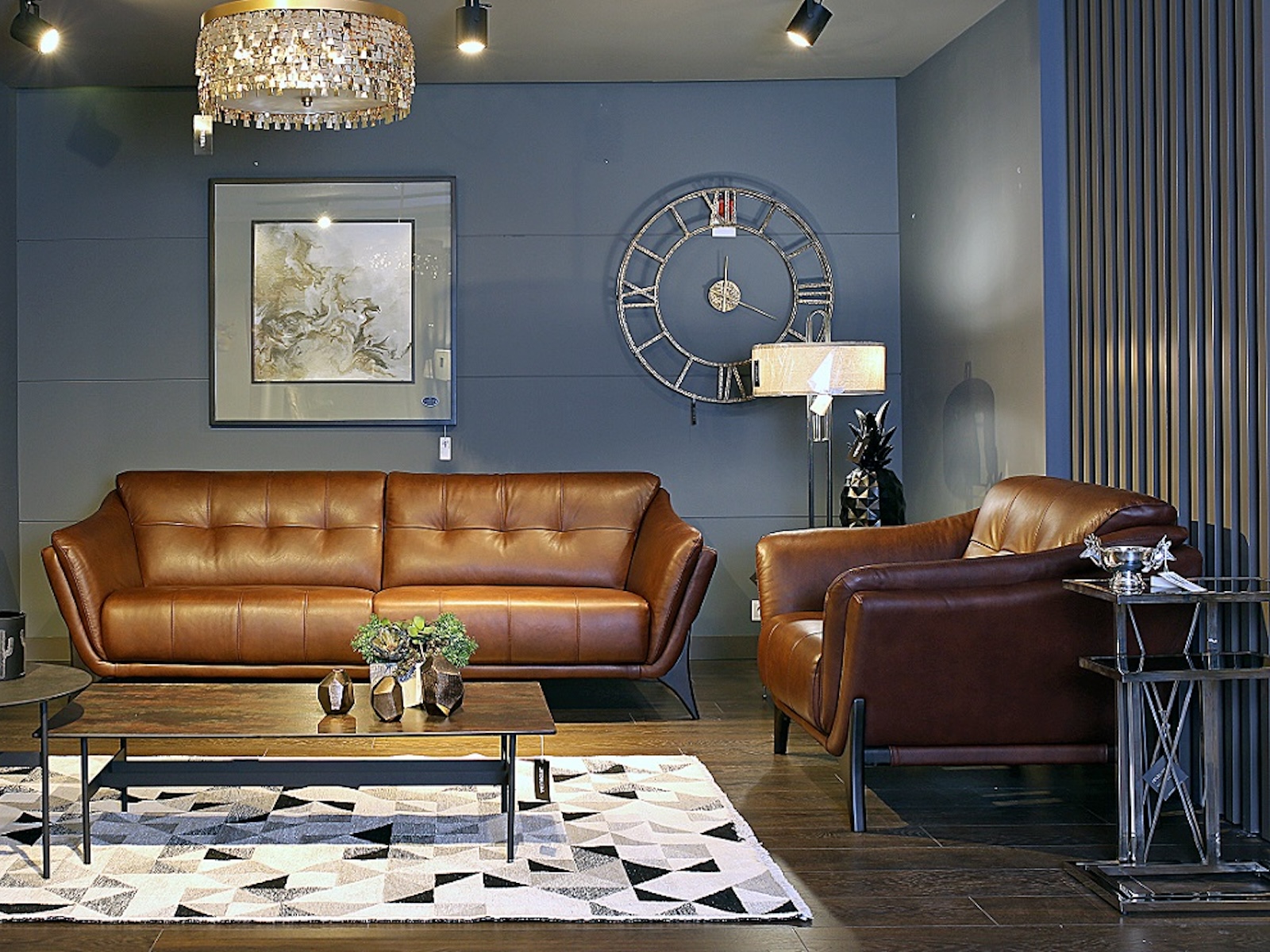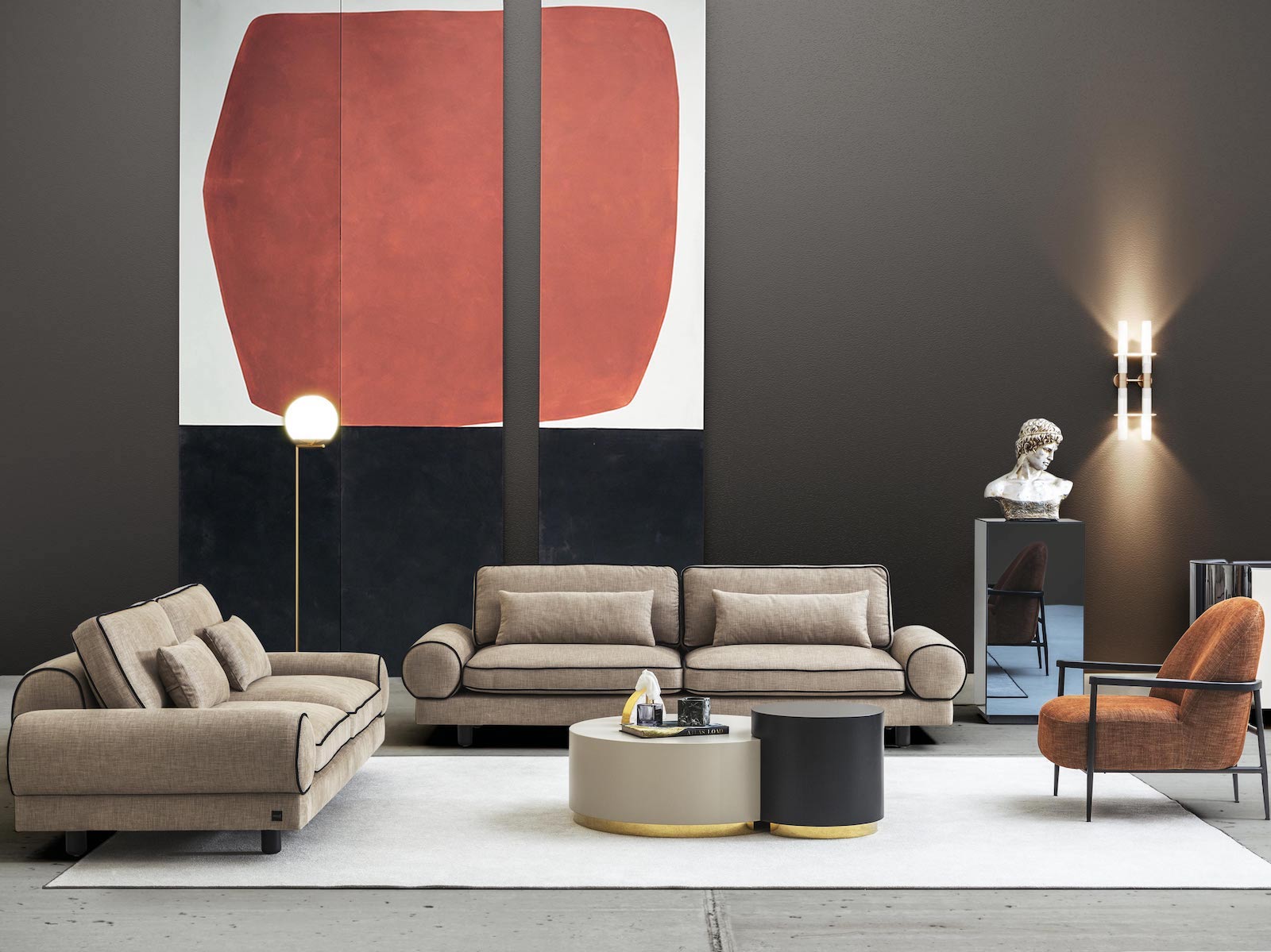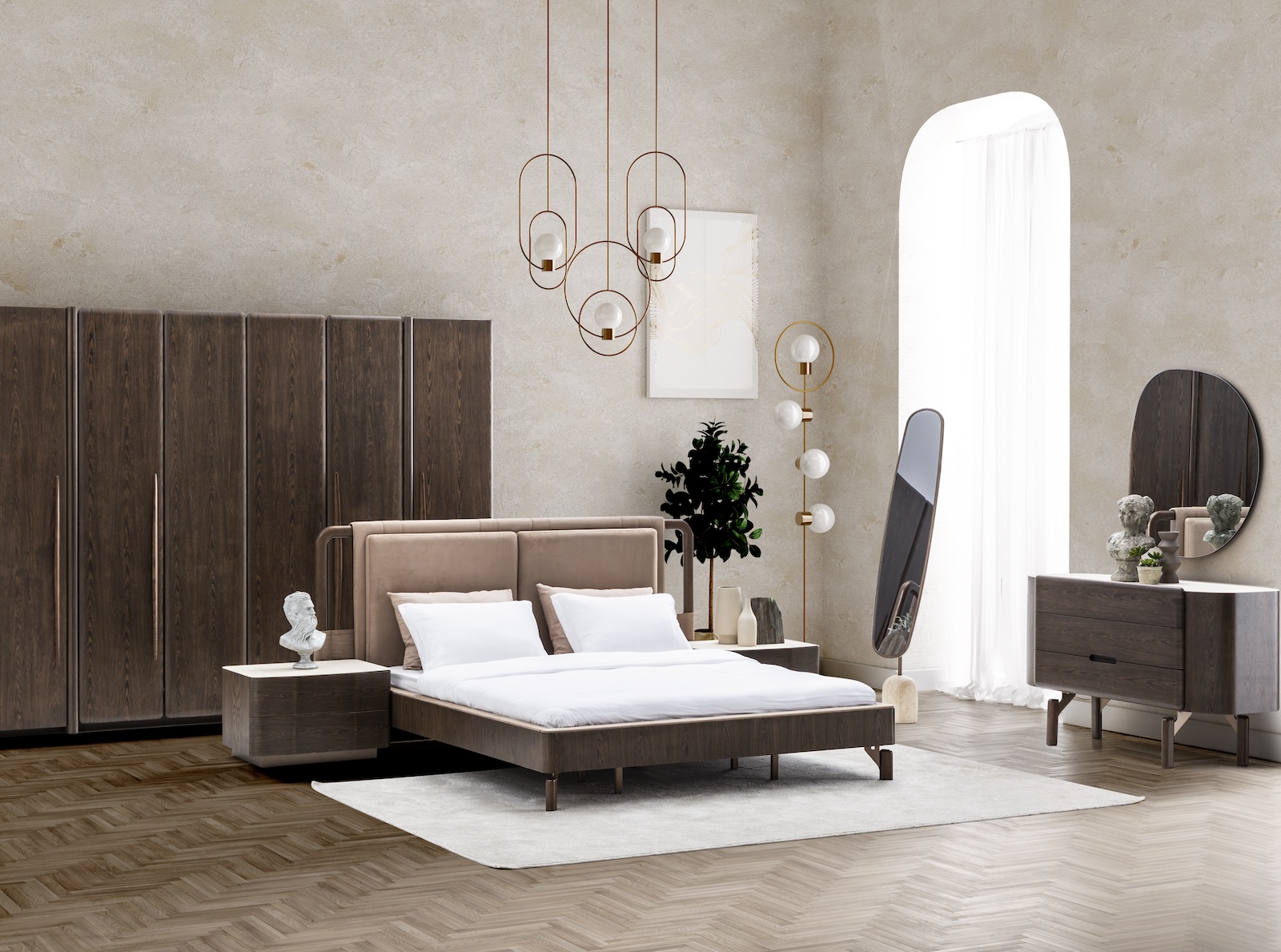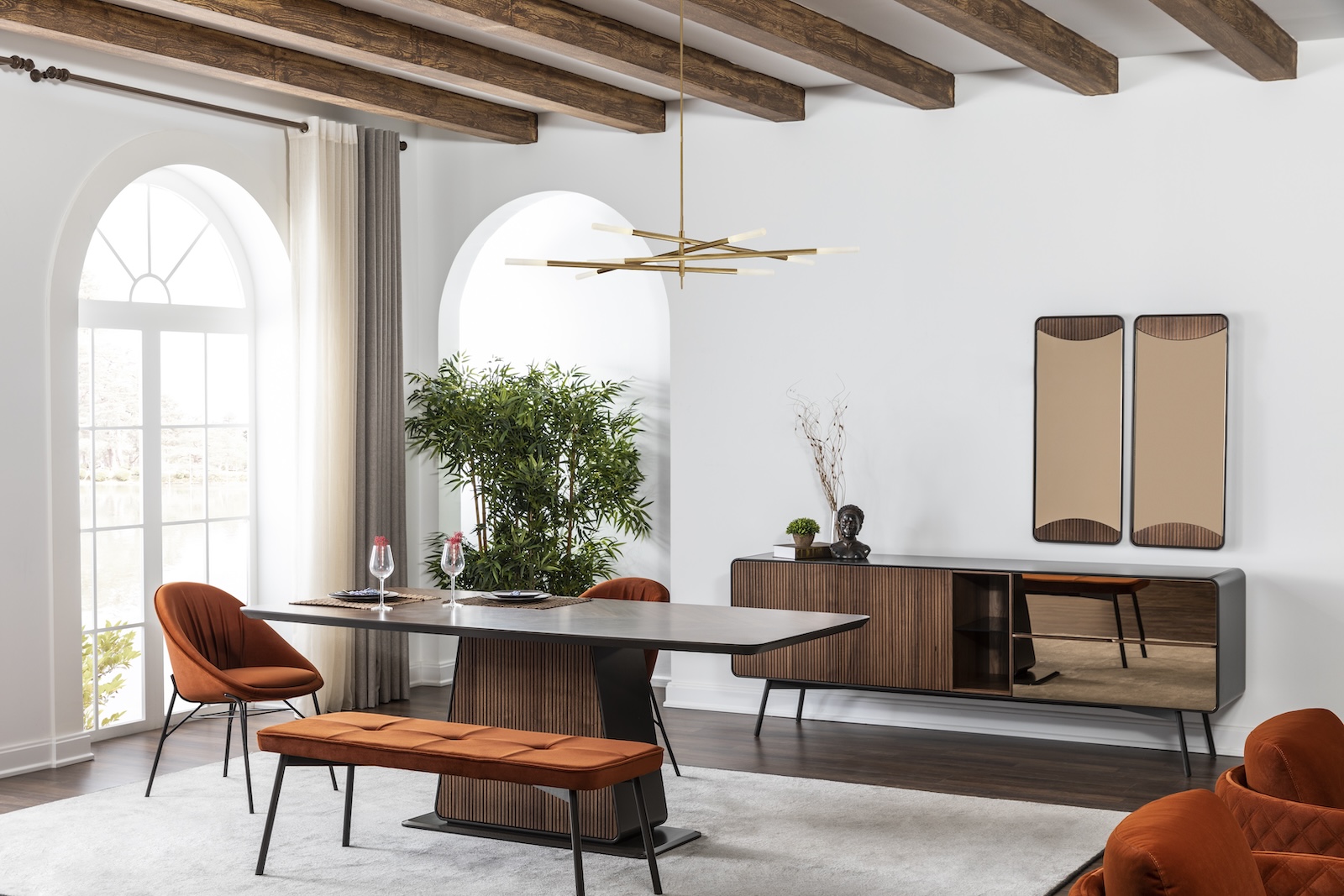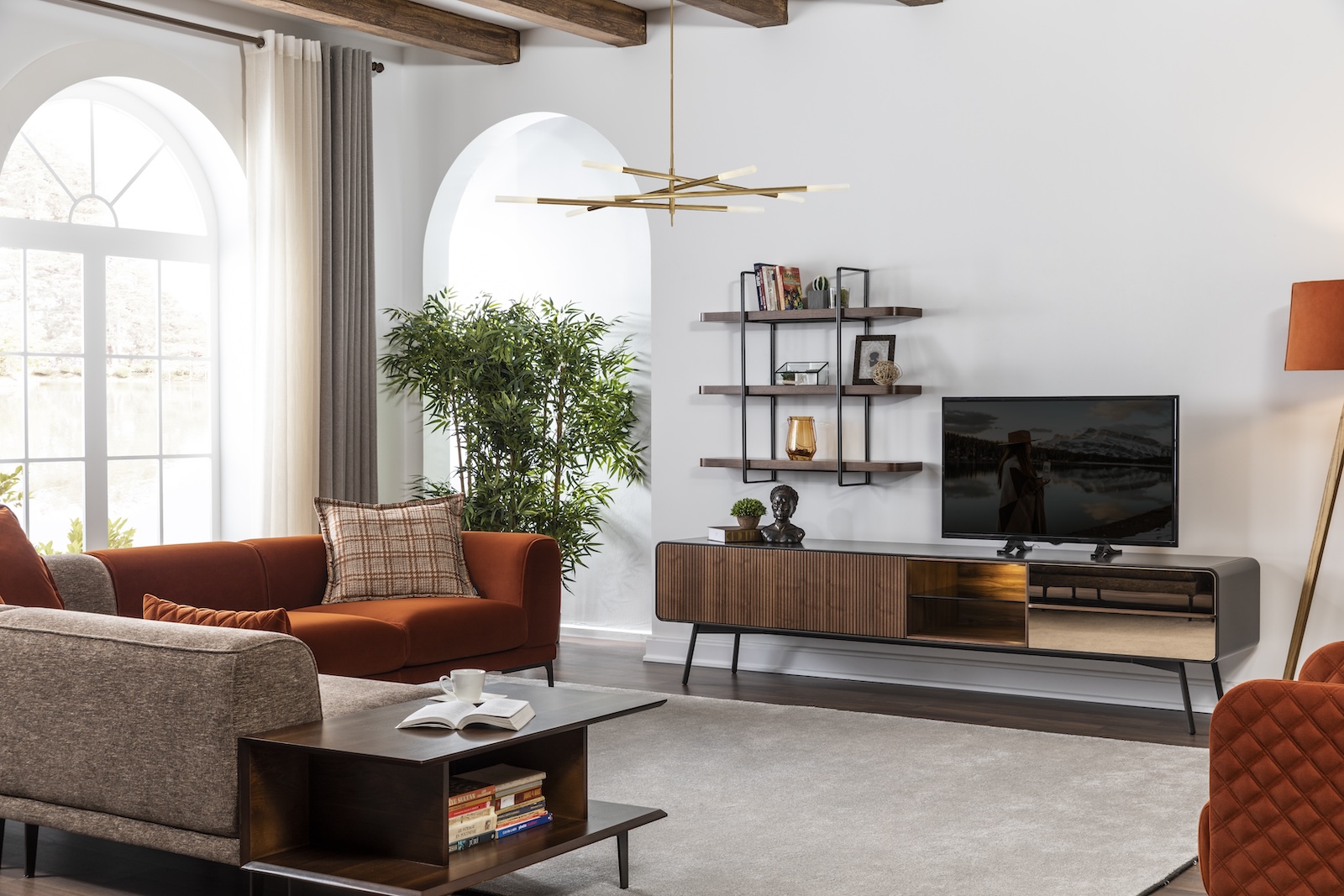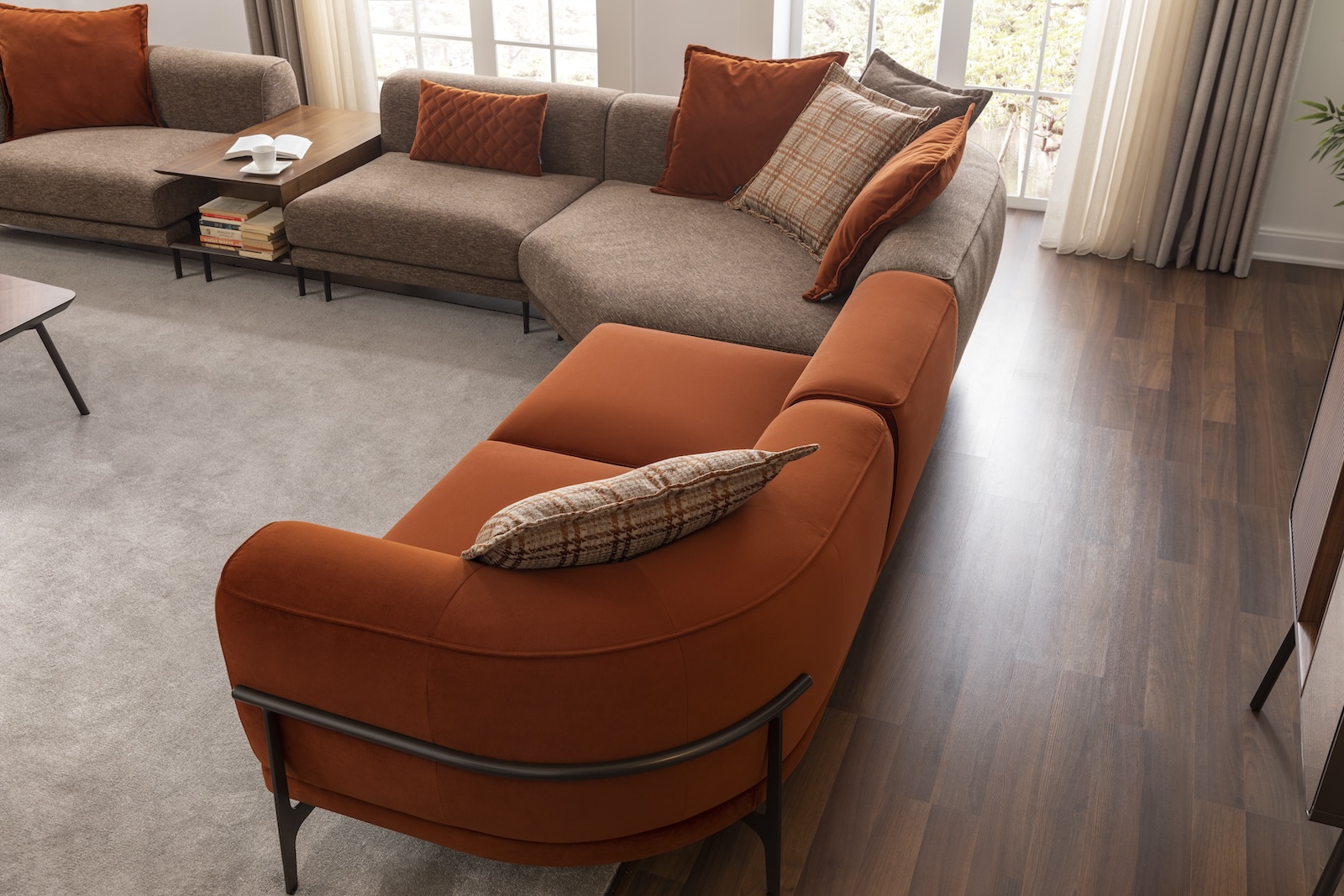Advantage Credit
Price Match
Finance
Customer Service
Tables
Tables are indispensable pieces of furniture, serving as functional and decorative elements in homes, offices, and various public spaces. From dining tables that host family gatherings to coffee tables that accentuate living rooms, and work desks that facilitate productivity, the role of tables spans a wide spectrum. In this comprehensive guide, we will delve into the diverse world of tables, exploring their functionality, design, material, and the factors to consider when selecting the perfect table for your space.
Understanding the Diverse Types of Tables
The universe of tables encompasses an extensive array of types, each designed to fulfill specific purposes and suit distinct aesthetics. Dining tables stand as focal points in dining areas, offering a gathering space for meals and conversations. Coffee tables, on the other hand, contribute to the ambiance of living rooms, providing a platform for decor and functionality, whereas desks are essential tools for work, study, and creative pursuits. From console tables to side tables and beyond, the versatile nature of tables allows for an endless range of uses and styles in diverse settings.
Exploring the Functional Versatility of Tables
Tables serve as multifunctional platforms that aid in organization, storage, display, and more. From the practicality of extending dining tables that accommodate variable numbers of guests to the storage solutions provided by coffee tables with built-in shelves and drawers, each table has designed to cater to specific needs. Desks often feature ergonomic designs equipped with cable management solutions and storage spaces for enhanced productivity and organization. By integrating keywords such as “functional versatility,” “multifunctional design,” and “space-saving solutions,” we can effectively engage with readers seeking practicality and functionality in their furniture choices.
The Aesthetic Influence of Table Designs
In addition to their functional roles, tables also significantly impact the aesthetic appeal of a space. Various materials, finishes, and styles contribute to the overall impression of a room. Whether opting for the warmth of wooden dining tables, the modern elegance of glass coffee tables, or the sleek minimalism of metal desks, the aesthetic influence of tables cannot be overlooked. Utilizing SEO-friendly phrases such as “timeless design,” “contemporary elegance,” and “versatile styling” can allow us to resonate with readers seeking to elevate the visual appeal of their spaces.
Material Considerations for Tables
The material used in crafting tables plays a crucial role in their aesthetics, durability, and maintenance. Wood remains a popular choice for its natural beauty and durability, offering a range of options, from rich mahogany to light oak. Glass tables create an illusion of space and luminosity, while metal tables offer sleek, contemporary options. Each material carries its unique robustness, cleaning requirements, and suitability for different styles and settings.
Factors to Consider When Selecting the Perfect Table
When choosing a table, several essential factors should guide the decision-making process. The dimensions of the space are instrumental in determining the appropriate size and proportions of the table. Additionally, considerations such as the table’s intended purpose, the expected level of activity, and the existing decor scheme should influence the selection. Utilizing SEO-friendly keywords such as “space-conscious design,” “ergonomic functionality,” and “personalized customization” can effectively address the varied needs and preferences of readers.
The Influence of Sustainable Practices in Table Design
In today’s environmentally conscious world, sustainable practices have significantly impacted furniture design, including tables. The use of ethically sourced wood, environmentally friendly finishes, and recyclable materials has become increasingly prevalent. Addressing sustainability-focused SEO keywords such as “eco-friendly materials,” “ethical craftsmanship,” “renewable sourcing,” and “sustainable manufacturing” can resonate with readers seeking eco-conscious furniture options. By highlighting the relevance of sustainable choices in table design, we aim to connect with an audience focused on environmental responsibility.
The Evolution of Table Design
The design of tables has evolved in response to changing lifestyles, technological advancements, and design trends. From traditional to modern and minimalist to eclectic, the designs of tables have adapted to meet the needs of contemporary living spaces. By incorporating SEO-focused terms such as “innovative design evolution,” “timeless craftsmanship,” and “functional innovation,” we can offer our readers insights into the historical influences, technological advancements, and contemporary trends shaping table design.
Tables stand as integral pieces of furniture that contribute to both form and function in diverse environments. Understanding the diverse types of tables, their functional versatility, aesthetic influence, material considerations, and sustainable practices ensures that readers are equipped with the knowledge to make well-informed decisions. By integrating effective SEO strategies, we aim to provide a comprehensive and engaging resource for our readers exploring the world of tables and furniture design. Whether seeking practicality, elegance, or sustainability in their furniture choices, the multifaceted nature of tables allows them to be indispensable elements of various living and working spaces.

